You can use variable templates. There is another interesting link: Learn more about variable reuse with templates.
Here I have this flat folder structure (for the clarity of the sample):
.
| deploy-app.job.yaml
| deploy-app.pipeline.yaml
| variables.dev.yaml
| variables.prod.yaml
So here we're trying to run the reusable job deploy-app.job.yaml with different variable sets.
I've defined some variables in each variable.{env}.yaml files
# variables.dev.yaml
variables:
vmImage: ubuntu-20.04
serviceConnection: dev-service-connection
# variables.prod.yaml
variables:
vmImage: ubuntu-20.04
serviceConnection: prod-service-connection
The deploy-app.job.yaml file accepts a parameter that allow to inject a variable template:
# deploy-app.job.yaml
parameters:
- name: envVariablesTemplate
type: string
jobs:
- deployment: deploy
variables:
# Inject the verianle template here
- template: ${{ parameters.envVariablesTemplate }}
pool:
# Use the variable from the template
vmImage: ${{ variables.vmImage }}
strategy:
runOnce:
deploy:
steps:
- task: AzureCLI@2
displayName: Hello from azure cli
inputs:
# Use the variable from the template
azureSubscription: ${{ variables.serviceConnection }}
scriptType: pscore
scriptLocation: inlineScript
inlineScript: echo 'Hello from azure cli'
In the main pipeline, I can create different stages and inject the desired vairables:
# deploy-app.pipeline..yaml
stages:
- stage: dev
condition: succeeded()
jobs:
- template: ./deploy-app.job.yaml
parameters:
envVariablesTemplate: ./variables.dev.yaml
- stage: prod
dependsOn: dev
condition: succeeded()
jobs:
- template: ./deploy-app.job.yaml
parameters:
envVariablesTemplate: ./variables.prod.yaml
Based on your needs, you can add multiple variable templates, having a naming convention etc. Really up to you and depends on the complexity of your pipelines.



